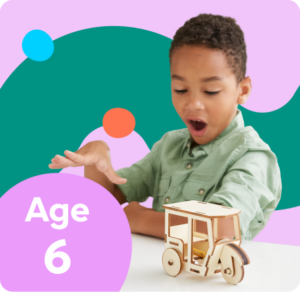Trace, Write, & Color Numbers (Ages 3–5)
Trace write and color numbers with printable pages for kids ages 3–5! Build number sense, counting, and handwriting skills in a playful way.

Discover how your 6-year-old is expanding their curiosity, confidence, and creativity—and explore expert advice to help them thrive in school and beyond.
Trace write and color numbers with printable pages for kids ages 3–5! Build number sense, counting, and handwriting skills in a playful way.
Uppercase and lowercase letter matching for kids ages 4–6! Trace, connect, and say sounds to build early reading and handwriting skills.
Fun maze activities for kids ages 5-7! Printable mazes help HOMER characters find items while building problem-solving and critical thinking.
Kids use math and literacy skills while they practice collaboration and communication with this pizzeria pretend play pack
Use this mindfulness worksheet for kids to help build emotional awareness and regulation to help them calm down.
Kids build emotional awareness, empathy, and communication skills while naming their feelings with this emotions chart for kids.
Early math activities for kids ages 4–6! Join Kirra in the garden using ten frames to practice counting, addition, and number sense.
Find the difference for kids ages 4–8! Join Sarge to compare details, build focus, and strengthen problem-solving this fun puzzle game.
Encourage kids to explore new foods with this free printable food tracker. Boost curiosity, confidence, and mealtime fun for ages 3–6.
Story sequencing worksheet for ages 4-6+. A free printable activity that develops early coding, literacy, and problem-solving skills.
DIY place value activity for ages 5-7. A free printable activity that helps build number sense and addition, and subtraction skills!
DIY place value activity for ages 5-7. A free printable activity that helps build number sense and addition, and subtraction skills!